Published 1st May 2024
Carbon Reduction Plan
Our Commitment
1. Modern Slavery Policy
1.1. Objective
1.1.1. The objective of this policy is to outline Postworks’ commitment to preventing modern slavery and human trafficking within our organisation and throughout our supply chains. We aim to uphold the highest standards of ethical conduct, ensuring that no slavery, forced labour, or human trafficking is present in any aspect of our operations.
1.1.2. This policy applies to all employees, directors, contractors, suppliers, and business partners acting on behalf of Postworks.
2. Postworks Structure, Business, and Supply Chains
2.1. Postworks business and structure
2.1.1. Postworks is a UK-based organisation operating within the postal and digital communications industry. We provide an award-winning platform that enables businesses to send and receive letters and emails effi ciently, securely, and without the administrative burden. Our services cater to a diverse clientele, including regulated industries such as local councils, accountancy fi rms, and members of fi nancial institutions. Our business model involves collaborating with a network of suppliers, partners, and service providers across the UK and internationally to deliver operational excellence.
2.1.2. Postworks operates across three core locations: two sites in Northampton – our Head Offi ce and Production Facility and one site in Bulgaria – dedicated to Software Development. Our operations are organised into four divisions, each led by a Chief: Chief Finance Offi cer, Chief Technology Offi cer, Chief Operating Offi cer and Chief Growth Offi cer – overseen by the Chief Executive Offi cer. The Operations Division encompasses Production, Change, Facilities, Human Resources, Legal, and Compliance. The Growth Division includes Marketing, Sales, and Customer Support. Each Chief is accountable for ensuring modern slavery prevention is integrated into their respective division’s strategies, supplier engagement, and team management practices. Responsibility for identifying and reporting signs of modern slavery lies with every employee, contractor, and partner.
2.2. Our Supply Chains
2.2.1. Our supply chains encompass the procurement of goods, materials, services, and labour essential to our operations. Our supply chains are central to the delivery of Postworks’ hybrid postal and digital communications services. They encompass the procurement of goods, technologies, infrastructure, and professional services contributing to our operations, platform functionality, and customer service excellence. This diverse network allows us to maintain a high standard of service delivery, combining physical and digital infrastructure while supporting innovation and security. We perform ongoing monitoring and due diligence across these relationships to ensure ethical sourcing, legal compliance, and alignment with our modern slavery prevention commitments. We also engage with environmental consultants to support our sustainability initiatives, such as our ambition to achieve net zero status and implementing tree-planting schemes to off set our carbon footprint.
3. Policies
3.1 We maintain a zero tolerance policy toward slavery and human trafficking. This is reflected in our:
● Postworks Code of Conduct
● Whistleblowing Policy
3.2 These policies commit us to treating all individuals with dignity and respect and obligate all parties we work with to comply with applicable laws on forced labour and trafficking.
4. Due Diligence Processes
4.1 Postworks conducts due diligence on all new and existing suppliers, including:
● Initial vetting of prospective suppliers
● Signing of NDA
● Completion of supplier form – Company background and information, financial contact and information, policies and certifications.
● Review of T&Cs
● Postworks Supplier ESG and Modern Slavery Survey
● Supplier Audit Checklist
4.2 Where appropriate, we collaborate with suppliers to improve their awareness and compliance with our standards.
5. Identifying Key Risk Areas, Risk Assessment Tools, Processes and Risk Management and Escalation.
5.1 Identifying Key Risk Areas
5.1.1 We recognise that while the majority of our suppliers are UK-based and operate within low-risk sectors, modern slavery risks can still arise, particularly through indirect relationships and global supply chains. Key identifi ed areas of risk include::
● Supply of consumables: items such as paper, envelopes and packaging material may originate from regions where labour standards are weaker.)
● Outsourced logistics and manual processing: third party service providers involved in warehousing, transport, or physical handling of goods may use temporary or subcontracted labour, increasing potential for exploitation.
● Technology equipment supply chains: equipment used in our digital infrastructure may include components sourced from higher risk regions known for exploitative mining or manufacturing practices.
● Facilities and cleaning services: external contractors operating in support functions may fall outside direct oversight, creating potential gaps in labour protections.
5.1.2 We are working to further map our supply chains to identify potential indirect risks, particularly in the higher risk categories, to trace risks down to the source level.
5.2 Risk Assessment Tools and Processes
5.2.1 To thoroughly evaluate suppliers, Postworks uses the following structured tools and frameworks:
Postworks Supplier ESG and Modern Slavery Survey – this survey is issued to both new and existing suppliers and gathers detailed information on:
● Employment practices and labour standards
● Human rights and anti-slavery policies
● Subcontracting and sourcing transparency
Survey responses are reviewed and categorised based on risk level, influencing or onboarding decisions and engagement strategy.
Postworks Supplier Audit Checklist – where appropriate, we will conduct audits guided by our internal checklist to assess:
● Contractual and wage compliance
● Working conditions and grievance procedure
● Supply chain traceability
● Evidence of awareness and training on modern slavery
These findings are recorded and where necessary, prompt corrective action plans, suppliers failing to meet our expectations may face contract review or disengagement.
5.3 Risk Management and Escalation
5.3.1 Suppliers are categorised as low, medium or high risk based on criteria such as geography, sector and labour intensity. Higher risk suppliers are prioritised for ongoing monitoring and audit cycles.
5.3.2 If any risks are identified we follow a formal escalation process led by our compliance team. This may result in:
● Investigation and engagement with the supplier
● Provision for support for aff ected individuals
● termination of supplier relationship where remediation is not possible or refused
6. Effectiveness and Performance Monitoring
6.1 We evaluate the eff ectiveness of our anti-slavery measures using key performance indicators, including:
● Number and outcome of supplier surveys and audits
● Reports and follow ups on any slavery related concerns
● Any corrective actions implemented with suppliers
6.2 These indicators are reviewed annually by our senior leadership to ensure the continued relevance and eff ectiveness of our risk management.
7. Training and Capacity Building
7.1 Training is provided to all employees as part of onboarding and annual compliance updates. This training includes:
● How to identify signs of modern slavery
● How to report concerns through our whistleblowing policy
● Understanding the Modern Slavery Act 2015
7.2 For suppliers and partners, we off er capacity building support which can include; awareness materials, resources and guidance on establishing internal anti-slavery controls.
8. Reporting and Whistleblowing
8.1 Employees and third parties are encouraged to report any concerns confi dentially through our anonymous Whistleblowing Form.
8.2 All reports are taken seriously, and we are committed to protecting whistle-blowers from retaliation.
9. Continuous Improvement
9.1 Our Modern Slavery Policy is reviewed annually to ensure compliance with legislation and emerging best practices.
9.2 Postworks is committed to evolving its practices in collaboration with industry peers and experts to maintain a proactive stance against modern slavery.
10. Remediation and Support
10.1 Where modern slavery is identified, we will:
● Take immediate corrective action
● Support affected individuals
● End relationships with non compliant partner
10.2 We work with trusted organisations to provide assistance and support for victims of slavery or trafficking, including legal aid, shelter, and rehabilitation services.
Board Approval
This policy has been reviewed and approved by the Board of Directors of Postworks. It reflects our ongoing commitment to transparency, ethical conduct, and continuous improvement in preventing modern slavery and human trafficking across our operations and supply chains.
Signed on behalf of Postworks by:
Name: James Booker
Title: CEO
Date: 21/05/2025

